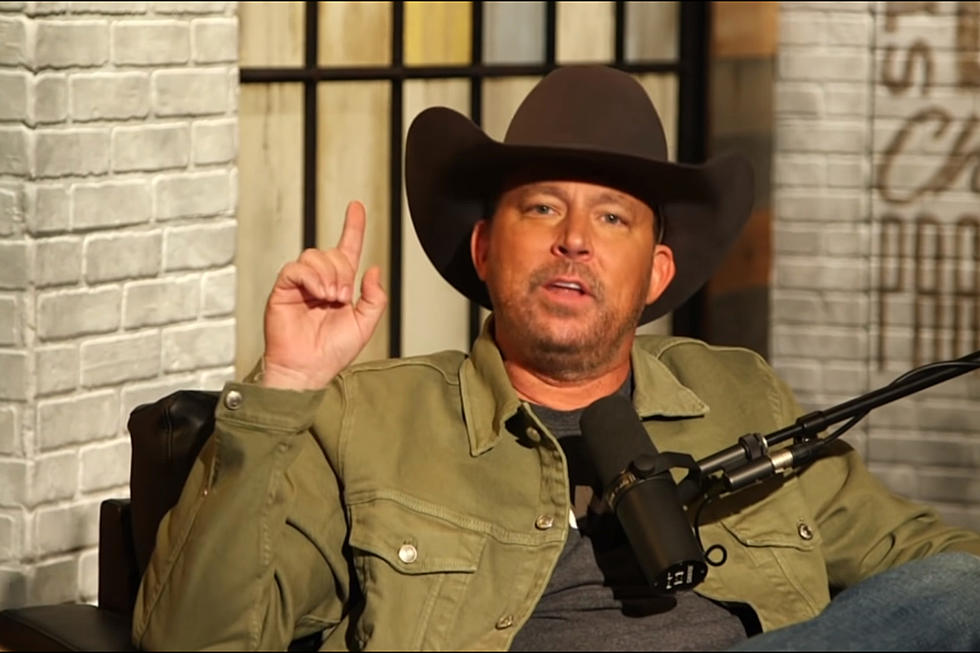
Texas House Bill 14 Doesn’t Cover Winterization Mandate

Wait, how can that even be right?
We've just come out of the worst suprise winter Texas storm in my lifetime with 111 casualties, some of my fellow Texans dying during the freeze, many of whom sadly and grossly froze to death and yet reports are coming in the new House Bill 14 doesn't cover a winterization mandate. How is that possible?
Maybe I'm missing something and I'm happy as a concerned Texas citizen to hear from people who may understand this better than I do, but here is the information I have on hand to share with you.
We've been covering the winter storm and we have written multiple articles which you can read on our Townsquare websites, keeping our listening audience updated since that fateful storm that lasted five days from February 13th through the 17th.
But we also know that even with a month since the storm under our belts, many Texans are still recovering, and mourning with April right around the corner.
According to a full report from KERA News, which you can read here, "Speaker Dade Phelan initally announced that HB 14, authored by State Rep. Craig Goldman, R- Fort Worth, would require gas pipeline operators to weatherize their infrastructure to help ensure reliability during an extreme weather event. "
Makes perfect sense.
However days later the newest version of the bill only created a "Texas Electricity Supply Chain Mapping Committee" which according to the KERA report, "Is tasked with mapping the state’s electricity supply chain and identifying critical infrastructure. The committee would then report it's findings and recommendatons in January of 2022.
Hello, and what about winterization and the possiblity of another storm before then?
We will keep you updated on HB14 which was introduced to the House on March 15th as it makes it way to Gov. Gregg Abbott who on Feb.18th asked for a mandate to winterize our power system. " The Governor is asking the Legislature to mandate the winterization of Texas' power system and for the Legislature to ensure the necessary funding for winterization." You can read the full emergency request from Gov. Abbott here .
If HB14 passes, it will take effect September 1st 2021.
LOOK: The most expensive weather and climate disasters in recent decades
More From Q92





